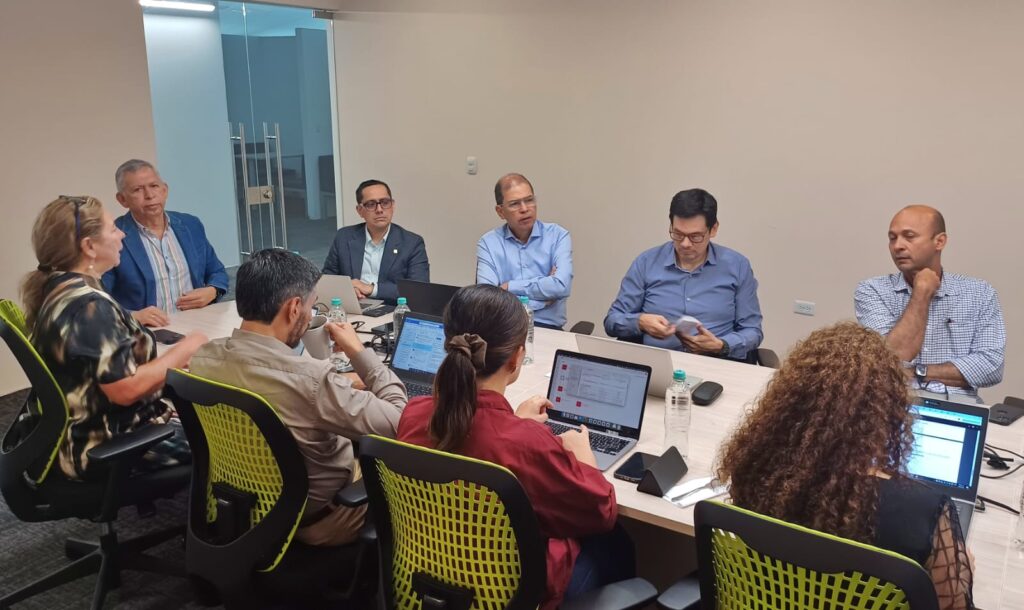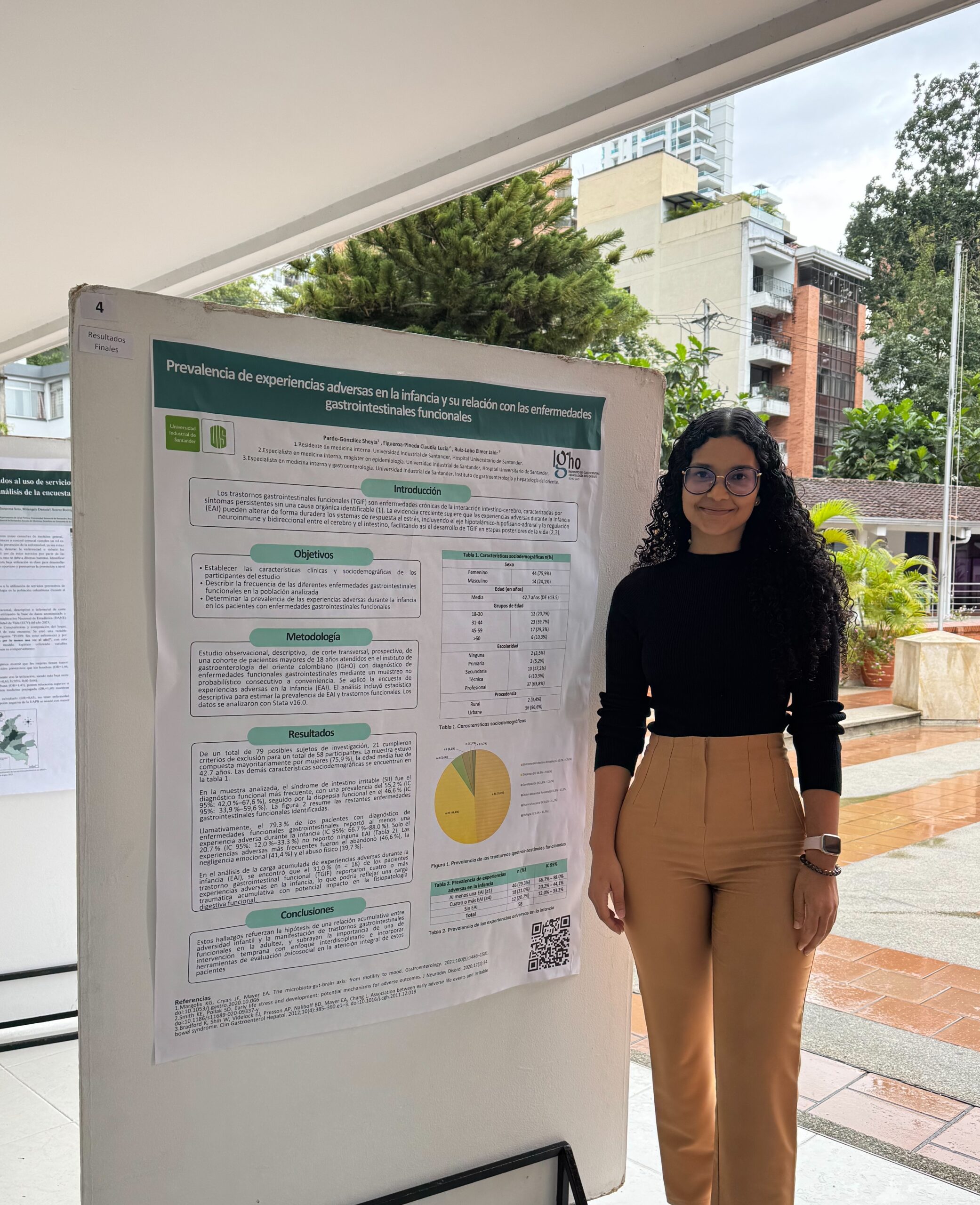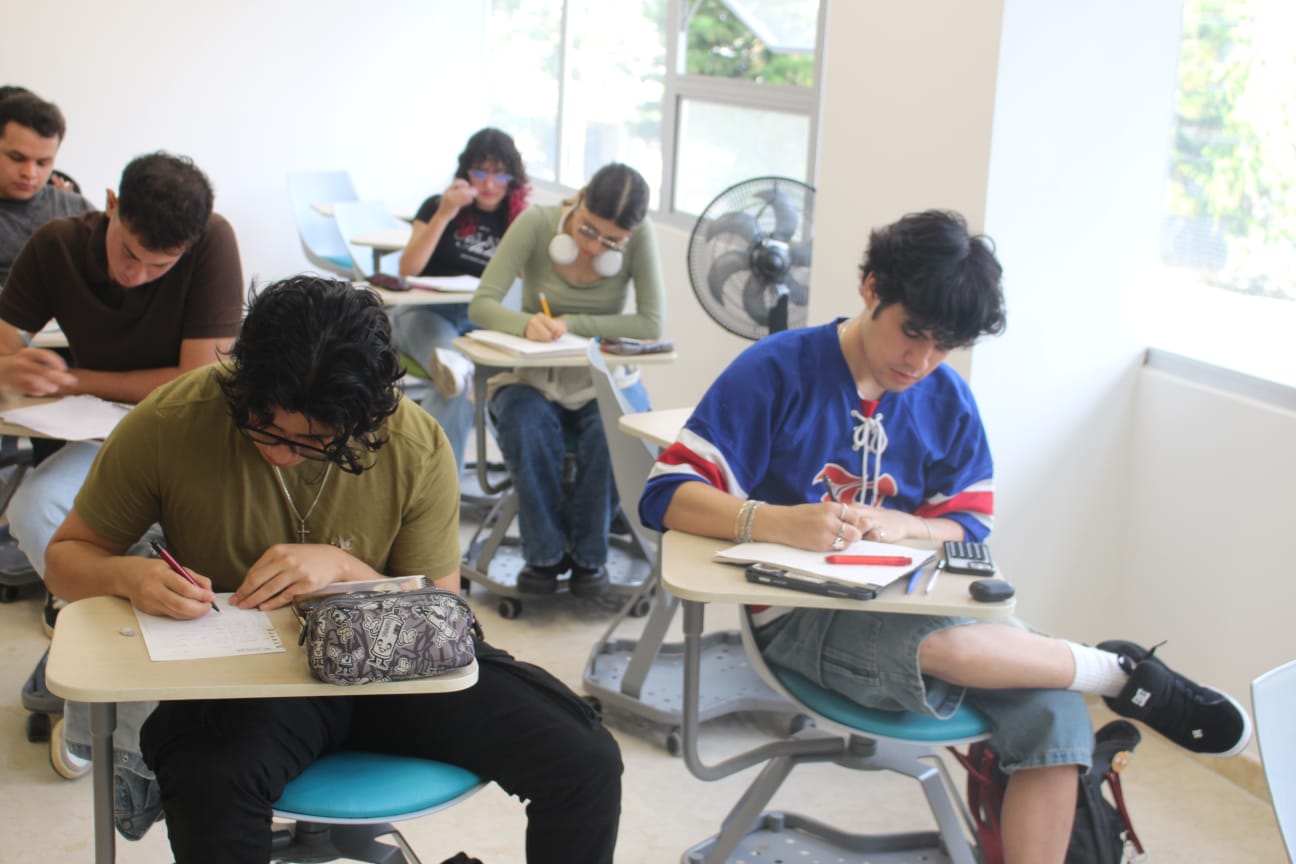
In an effort to project the scientific production of the Universidad Industrial de Santander (UIS) in the highest scenarios of global knowledge, the Vice Rector’s Office for Research and Extension presented to the Academic Council the Diagnosis of Digital Identity and Affiliation Proposal. This initiative seeks to optimize the way in which the institution’s researchers are institutionally linked and represented in their scientific publications, with the aim of increasing their visibility, impact and possibilities for international collaboration and funding.
The Vice Rector for Research and Extension, Fernando Rondón González, explained that this diagnosis made it possible to identify opportunities for improvement in the use of institutional identity within academic publications. “The Vice Rector’s Office for Research and Extension has been working to identify how we are using the institutional identity in scientific publications. We made a diagnosis in which we identified that we must strengthen many aspects related to this topic, because this topic is the one that ultimately allows us to make the scientific production, which is quite important in the university, visible in knowledge networks, in other international entities, in the search for funding and also before international entities,” he said.

The proposal seeks to establish clear and uniform guidelines so that the more than 345 recognized researchers and 105 research groups of the UIS adopt a standardized affiliation that accurately and consistently identifies the university in its publications, in accordance with international best practices.
The objective is that, regardless of the area of knowledge or language of the article, the name of the Universidad Industrial de Santander is present in a uniform and visible manner. This not only strengthens the institutional brand, but also facilitates the tracking of scientific production and the association with other universities and research centers in the world.
This strategy is not new at the global level. Universities of international reference have already implemented similar policies with successful results in terms of academic positioning and consolidation of their scientific networks. “We are aligning ourselves with international standards that have already demonstrated their effectiveness,” added the vice chancellor.
The diagnosis also contemplates complementary actions such as training researchers on the proper use of digital identifiers such as ORCID, the articulation with institutional repositories and the inclusion of affiliation criteria in the academic and publication evaluation processes.
With this commitment, the UIS reaffirms its commitment to academic excellence and the internationalization of its research work, strengthening the ties between science, university and society.





